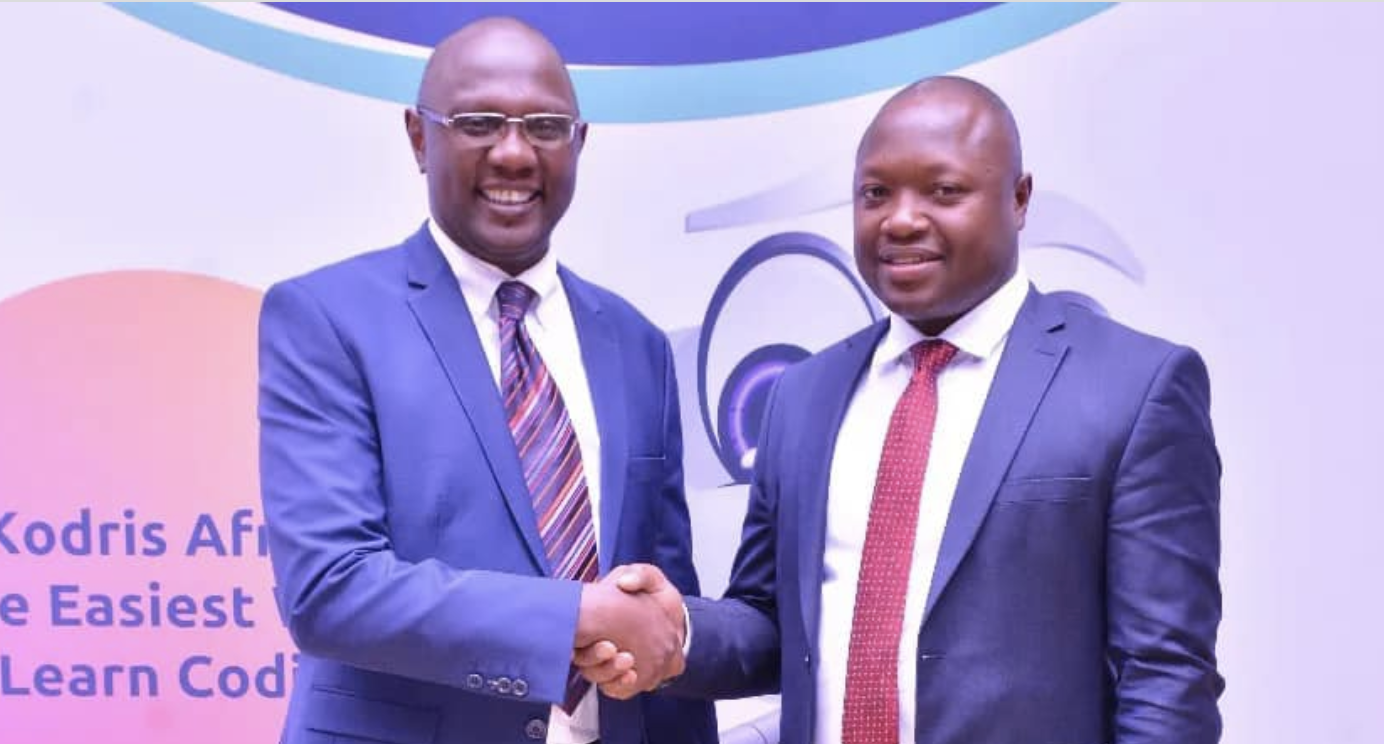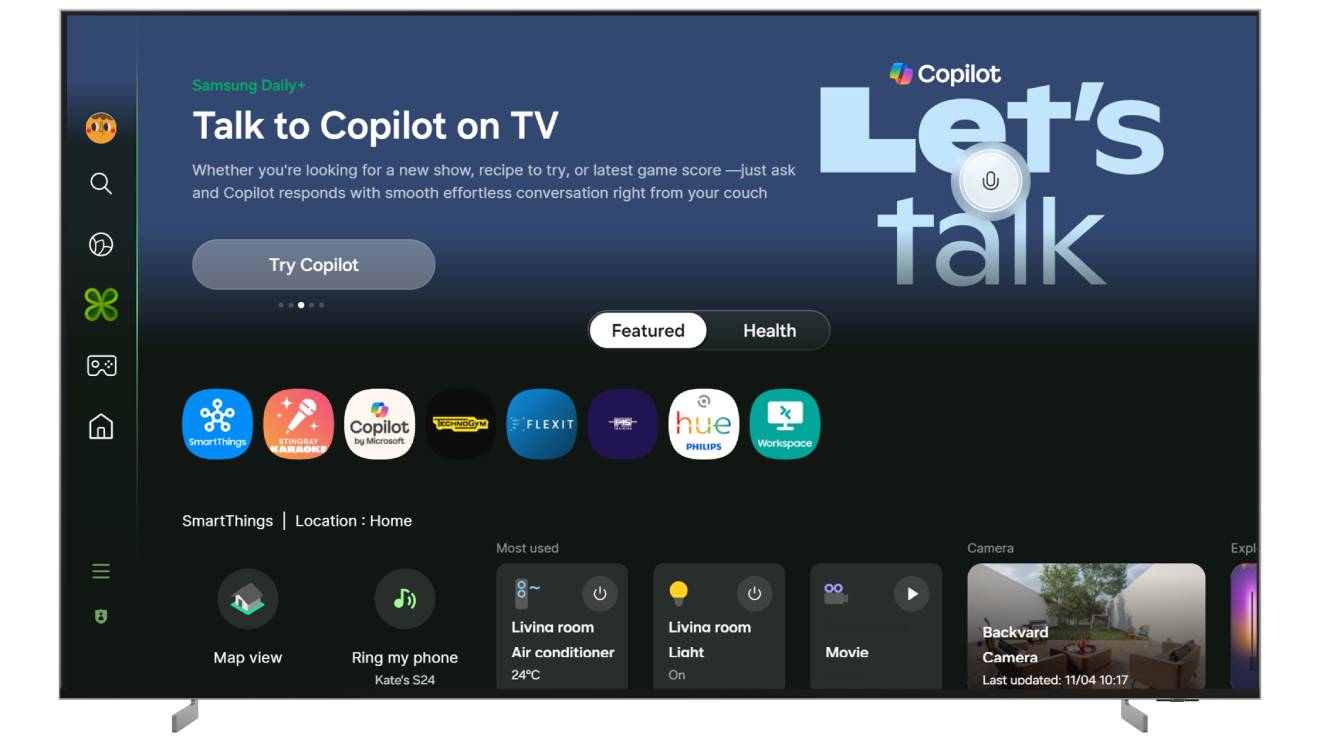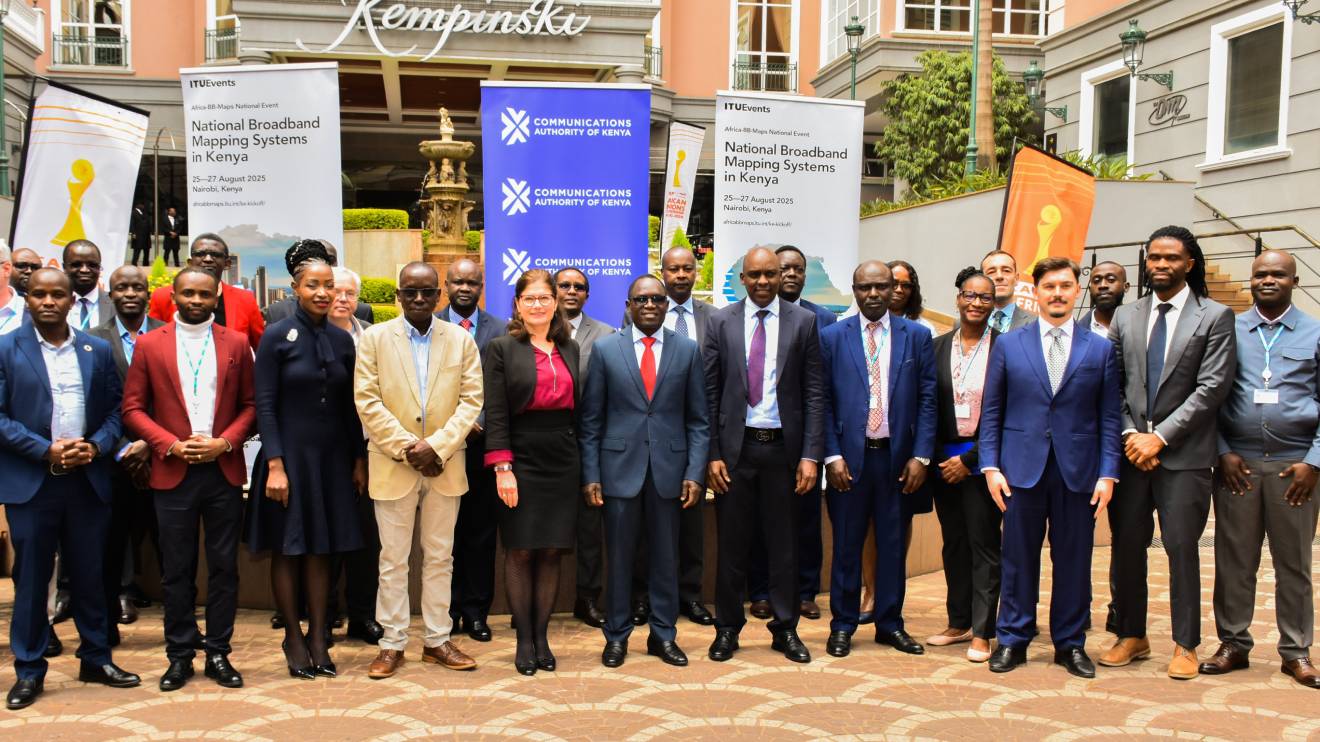Children in Kenyan will now have a chance to learn coding and computer programming in public schools after the government officially launched content for teaching coding in public schools.
The initiative in partnership with education tech firm Kodris Africa will be implemented in primary and secondary schools across Kenya under the Kenya National Digital Master plan 2022-2032.
The coding syllabus targeting 20 million children will be rolled out in conjunction with the Ministry of Education and the ICT Authority through the Digital Literacy Programme (DLP).
ICT, Innovation and Youth Affairs CS Joe Mucheru also unveiled a new government-driven digital skills training to equip 20 million Kenyans with relevant skills to enable citizens operate effectively in the digital economy.
Read More
Speaking at the Kodris Africa launch, Mucheru hailed the new coding syllabus as a game-changer that will enable Kenyan schools to produce future computer coding experts.
“This is a great day for the country especially for our children who will now have the opportunity to learn coding and computer programming at an early age. The world is changing and everyone is going digital and Kenya will not be left behind as the globe goes digital,” Mucheru said.
Kenya Institute of Curriculum Development (KICD) approved the new coding syllabus by Kodris Africa on April 19.
The CS also added that the implementation of the Digital Literacy Programme, which is ongoing in public schools in Kenya, will be enhanced further with the new coding syllabus.

“We have already distributed more than 1.2 million laptops for learners in public schools in Kenya as well as connected electricity to more than 22,000 schools and the initiative is ongoing to capture all schools as we go digital. So far we are doing well and with this new coding syllabus the Digital Literacy Programme will be enhanced,” Mucheru added.
Director of Criminal Investigations George Kinoti said the government needs to quip Kenyan children with computer skills to help them solve complex technology problems in future.
“Equipping our children with IT skills in schools is very important because in today’s world even the police must be well trained in computer technologies to fight criminals who are now tech-savvy. Technology helps us bust crime in real time and stay ahead of the criminals,” stated Kinoti.
KICD CEO Prof Charles Ong’ondo, in a speech read on his behalf by Deputy Director e-learning Eunice Gachoka, said the new content falls under the new Competency Based Curriculum (CBC) that stresses the use of technology to equip learners with modern skills.
Kodris Africa Chairman Mwaniki Munuhe has encouraged schools and parents to quickly adopt the coding curriculum as a way of preparing their children to face future computer technologies.
“Let’s prepare our children for the future world and any child who is not grounded on technology will suffer in the future. Technology is the currency of the future,” said Mwaniki.
On his part, Kodris Chief Executive Officer Mugumo Munene indicated that the new coding syllabus will open the minds of children across the country to the digital world.
“It is imperative that students learn the language of the world of today, which is coding. Kodris Africa was purpose-built to add value to the body of knowledge that students are acquiring today so that they can have a better chance in the world of employment and employment creation”, Mugumo added.
Stanbic Bank CEO Charles Mudiwa assured that the bank will partner with Kodris Africa and the Kenyan government to make digital literally a reality.








-1757101509.jpg)



